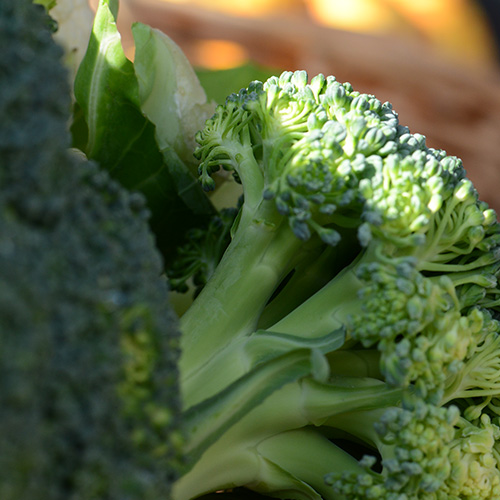Gut Microflora: Flora refers to something that occurs naturally in a given environment. Gut microflora, therefore, refers to an ecosystem of bacteria that are present in the human gut extending from the mouth to the anus. However, high concentrations of these bacteria are present in the intestines. This vast population of bacteria is made up of at least a 1000 species. When a child is born, the gut is usually sterile. Colonization of gut with these bacteria occurs through feeding and interaction with the environment. The microflora is of immense importance to the human gut. It provides immunity from infection by preventing growth of disease causing organisms. This is achieved through competition for nutrients and space. Oral antibiotics can wipe out the flora giving room for pathologic bacteria to proliferate resulting in disease. It is also important for synthesis and absorption of vitamins such as vitamin B and K. It also aids in the digestion of fiber and is crucial in the enterohepatic circulation of bile, a product of hemoglobin metabolism.











